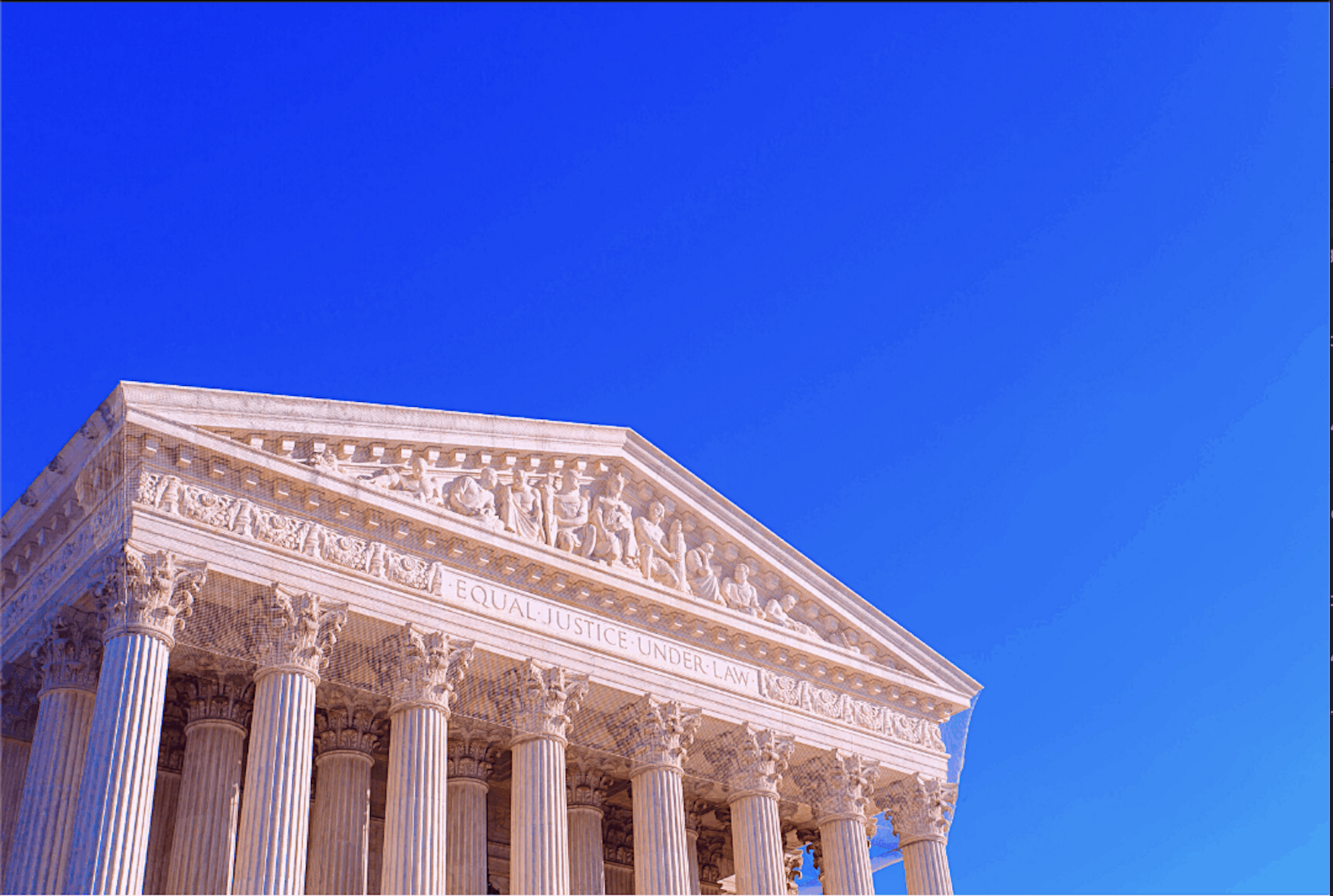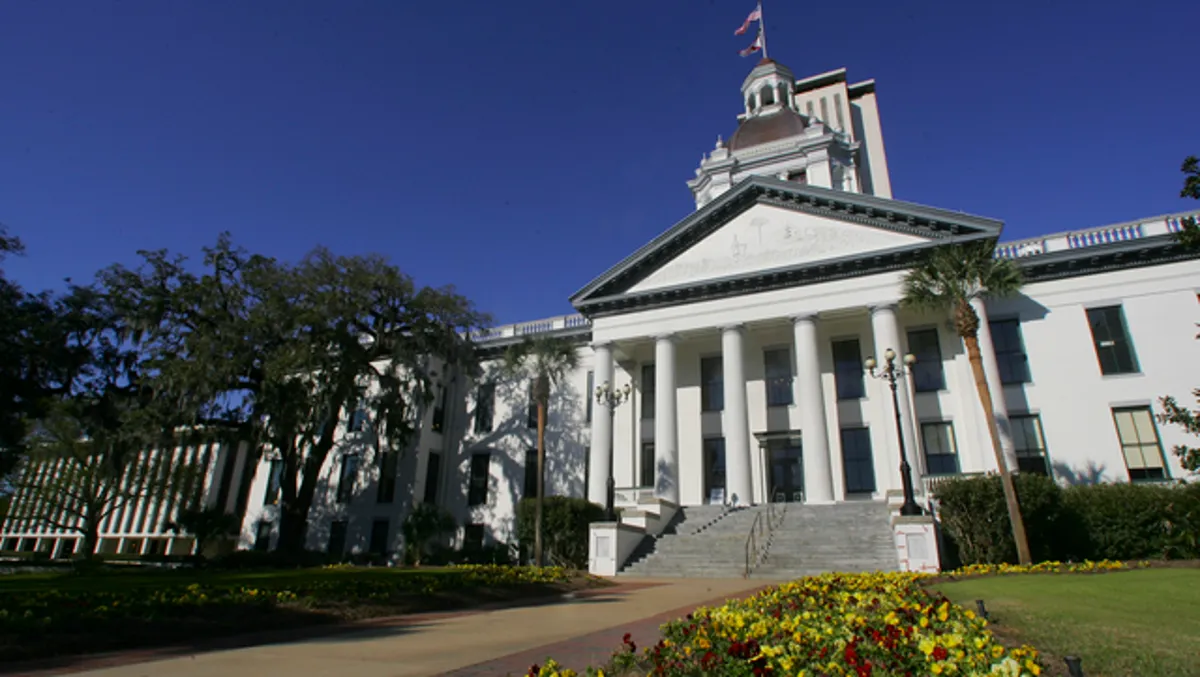Our Mission
Southern Coalition for Social Justice’s (SCSJ) Voting Rights Program supports marginalized communities in fighting for their right to responsive representation — elected officials of their choosing who are accountable and committed to advancing their interests. By ensuring those communities can advocate for policies, procedures, and districts that provide them an equal opportunity to have their voices heard and votes counted, we help all levels of government to be more responsive to the concerns of their constituency. With better civic education and representation, these communities will have greater access to the resources and services they need to combat systemic injustices.
SCSJ has a multi-pronged approach to our work, including communications, quantitative and qualitative research, proactive reform advocacy, organizing and mobilization efforts, and impact litigation. Due to recent legislative trends and shifts in the courts, we are bolstering our efforts around communications, policy advocacy, research, and technical support. Nonetheless, litigation remains an important tool for our partners and clients — it can help provide transparency and advocacy for change and ultimately fertilize the ground for organizing and advocacy wins. It is essential to have a litigation docket of proactive and defensive work. However, it is also important that any litigation is moored in the organizing and power-building strategies of the groups we work with, effectively advancing the mission to empower communities across the South.
No right is more precious in a free country than that of having a voice in the election of those who make the laws under which, as good citizens, we must live.
Wesberry v. Sanders, 376 U.S. 1, 17 (1964)
Our Work
Fight for Fair Districts:
SCSJ has made significant progress in increasing public awareness and engagement around the redistricting process, especially among historically marginalized communities throughout the South. We continue to fight for racially equitable redistricting maps at all levels of government through litigation, community advocacy, and education. Meaningful community engagement in the redistricting process, particularly at the local level, will help secure more opportunities for fair representation over the next decade.
Combat Voter Suppression:
As Southern state legislatures increase their attacks on democracy, SCSJ is increasing our support for advocacy, communications, and education initiatives to combat voter suppression while continuing to bring litigation where warranted. In conjunction with our election protection efforts, we work to ensure voters of color can participate in the political process freely and safely. Election protection and election administration must be a focus every year, not just in election years. Furthermore, simply reacting to bad policies is not enough — we must remain proactive in defense of voter rights.
Pioneer Proactive Voter Reforms
Given the sharp increase in anti-democratic partisan entrenchment and voter suppression efforts, SCSJ plans to experiment with and evaluate new and innovative strategies to preemptively advance voting rights through advocacy, organizing, and communications. For example, identifying and advocating for administrative changes permitted by state law that make voting more efficient and accessible is increasingly important given the barriers that legislatures are placing on voting across the South. SCSJ's novel approaches to impact litigation and reframing of key voting rights issues have changed the discourse about voting rights.
Bouvier v. Porter
This is a North Carolina state court defamation case on behalf of four registered voters who were wrongfully accused of committing fraud in the 2016 elections by voting in multiple states or being ineligible to vote because of felony convictions. SCSJ filed this ongoing claim to stand up for every eligible voter’s right to cast a ballot without…
Read More Bouvier v. Porter
Common Cause v. Lee
Case Summary: On Friday, March 11, nonprofit government accountability organization Common Cause and the advocacy group FairDistrictsNow, alongside 5 voters, filed an “impasse” lawsuit against Florida Secretary of State Laurel Lee and state leadership in the United States District Court, Northern District of Florida, Tallahassee Division. The plaintiffs are represented by local attorneys, Patterson Belknap,…
Read More Common Cause v. Lee
Election Administration and Protection
SCSJ treats election administration and protection as year-round work. We focus on ensuring access to the ballot and monitoring initiatives aimed at limiting that access.
Redistricting Reform
Redistricting happens every 10 years and determines how communities are created, what districts we live in, who represents us, and how those representatives will allocate resources for our communities.
Policy Advocacy
SCSJ’s election administration work and policy advocacy focuses on protecting access to the ballot and monitoring legislative initiatives aimed at requiring photo ID at the polls, restricting voter registration, or otherwise disenfranchising voters. In addition to trainings on advocating for more early voting sites, SCSJ has provided legal support to enforce the voting rights of people with felony convictions or misdemeanors who are in jail or prison.
SCSJ strives to link claims for equitable representation with claims for fuller participation by all people. For example, voter ID requirements hinder effective participation by numerous groups, including young people, the elderly, and people with disabilities. We also provide zealous advocacy in the redistricting process to ensure the fair and full participation of all voters. By demystifying the political and legal processes around redistricting, and providing models for more inclusive democratic structures, we hope to generate broader policy reforms that improve the democratic process overall.
Education & Outreach
SCSJ believes voting rights secure the voices of people of color in critical decisions that affect local communities and that have the potential to create progressive social change. We provide counsel to local community groups regarding redistricting, and we speak on behalf of clients at local town hall meetings and legislative committees.
Southern Leadership for Voter Engagement (SOLVE): The SOLVE Network is a regional network of grassroots community organizations and voting rights advocates focusing on fair districts and community representation, voting rights restoration, election protection, and improving voter access. The Network has grown to include over 200 members in 10 Southern states dedicated to sharing best practices in advocacy, organizing, and communications to reduce barriers to voting in the South. We help provide SOLVE Network members with research, training, advocacy, policy, communications and organizing support.
Census and CROWD Academy: SCSJ worked with other groups to lay the groundwork for a fair and accurate count in the 2020 Census, with a particular focus on ensuring the full participation of traditionally hard-to-count communities. The recipe for success in ensuring the voting strength of communities of color did not suffer setbacks in the process included establishing a collaborative framework to educate community organizations across the South about the new redistricting reality without the protections of Section 5 of the Voting Rights Act, to put technology and data analysis in their hands, and to assist in developing strategies to advocate for their rights in legislatures and, if needed, in the courtroom.
SCSJ also partnered with community organizations in several states across the South to offer in-depth training sessions to educate community organizers on the redistricting process and potential voting rights violations following the 2020 census. Community Redistricting Organizations Working for Democracy (CROWD) Academies equip individuals and organizations with tools to monitor and engage with redistricting processes at every level of government, spot warning signs and take action if decisions are likely to infringe on the right to an equal opportunity to participate in elections.
Key Contacts
-
 Chris Shenton Equal Justice Works Fellowchrisshenton@scsj.org
Chris Shenton Equal Justice Works Fellowchrisshenton@scsj.org -
 Jeff Loperfido Interim Chief Counsel, Voting Rightsjeffloperfido@scsj.org
Jeff Loperfido Interim Chief Counsel, Voting Rightsjeffloperfido@scsj.org -
 Mitchell Brown Senior Counsel, Voting Rightsmitchellbrown@scsj.org
Mitchell Brown Senior Counsel, Voting Rightsmitchellbrown@scsj.org -
 Hilary Harris Klein Senior Counsel, Voting Rightshilaryhklein@scsj.org
Hilary Harris Klein Senior Counsel, Voting Rightshilaryhklein@scsj.org




